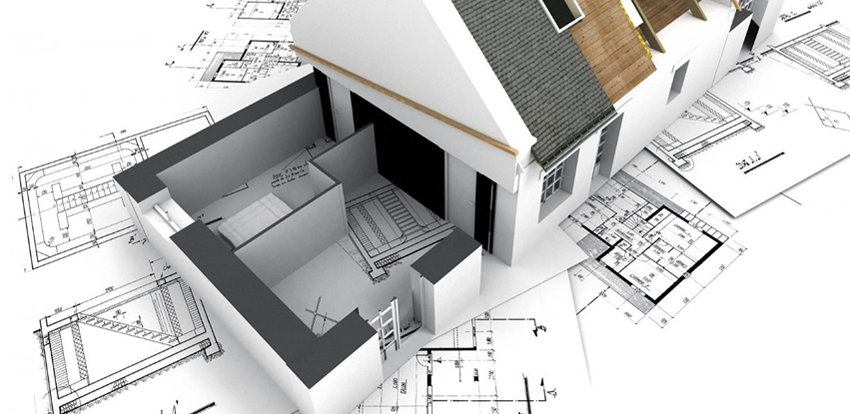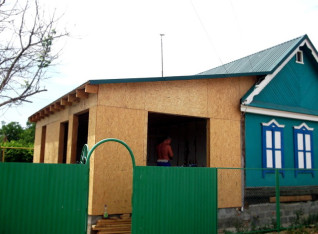Lawyer
An extension to the house is a fairly common practice that allows you to expand the living space and adapt the premises to your own needs. However, in order to ensure the legality of the work carried out, it is necessary to legalize the extension in accordance with the current legislation of Ukraine. In this article, we will consider the legal aspects of legalizing an extension, the necessary documents and the procedure depending on the type of house.
Legal regulation:
The issue of the legalization of an extension to a house is regulated by a number of normative legal acts, in particular the Civil Code of Ukraine, the Land Code of Ukraine, the Law of Ukraine "On Regulation of Town Planning Activities" and other by-laws. According to these documents, unauthorized construction of an extension without appropriate permits is a violation of the law and may lead to administrative and criminal liability.
Legalization of an extension to a private house:
To legalize an extension to a private house, it is necessary:
1. Obtain permission to carry out construction works from the relevant local self-government body (for example, the department of urban planning and architecture).
2. Prepare project documentation for the extension.
3. After completion of construction, draw up a certificate of acceptance into operation of the completed extension.
4. Register ownership of the extension in the State Register of Real Property Rights.
Legalization of an extension to an apartment building:
The process of legalizing an extension to an apartment building is more complicated and requires additional agreements. Required:
1. Obtain permission to carry out construction works from local self-government bodies and the association of co-owners of an apartment building (OCBB).
2. Prepare project documentation and coordinate it with relevant services (fire, sanitary and epidemiological, etc.).
3. After completion of construction, draw up a certificate of acceptance into operation of the completed extension.
4. Register the ownership of the extension in the State Register of Real Property Rights.
Legalization of arbitrary extension:
If the extension was erected arbitrarily, without appropriate permits, it can be legalized through the court. For this, it is necessary to apply to the court with a claim for the recognition of the right of ownership of self-construction. During the consideration of the case, the court will assess the legality of the work carried out and make the appropriate decision.
Legalize an extension to the house price.
The cost of legalizing an extension may vary depending on the region, the area of the extension and the complexity of the work performed. In general, it includes the payment of state duty, the cost of project documentation, the services of specialists (architects, engineers) and other related costs.
Important aspects:
During the legalization of the extension, it is important to adhere to the established deadlines for submitting documents and paying state duty. It is also necessary to make sure that the extension does not violate the rights of other owners (for example, in an apartment building) and meets the requirements of building codes and standards.
How much does it cost to legalize an extension to the house. The cost of legalization may vary depending on the region, the complexity of the project and the need to involve additional experts.
How to legalize an arbitrary extension to an apartment building. In this case, the process is complicated by the need to obtain consent from all co-owners of the building, as well as compliance of the extension with town planning norms and standards.
Legalization of the extension through the court. This may be necessary if disputes arise or if the extension was erected in violation of building regulations.
Legalize the addition to the house from the dacha amnesty. This is possible if the extension has been reduced before the relevant restrictions come into force, in which case the procedure may be simplified.
Conclusion:
The legalization of an extension to the house is a mandatory legal procedure that ensures the legality of the work carried out and protects the rights of real estate owners. By following the procedure established by law and submitting the necessary documents, the owners can legalize the extension and receive the appropriate confirmation in the form of registration of ownership of the extension. Timely legalization of the extension will help avoid legal consequences and ensure unhindered use of the expanded real estate.





























